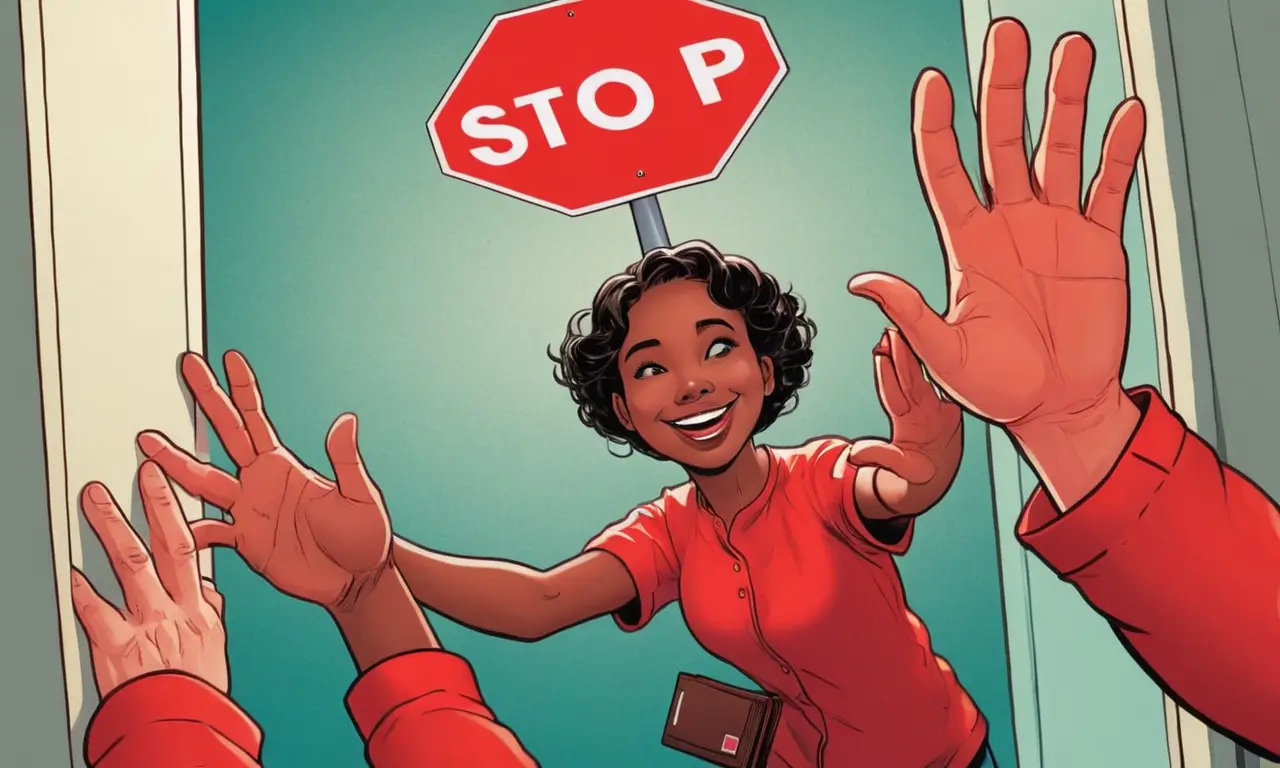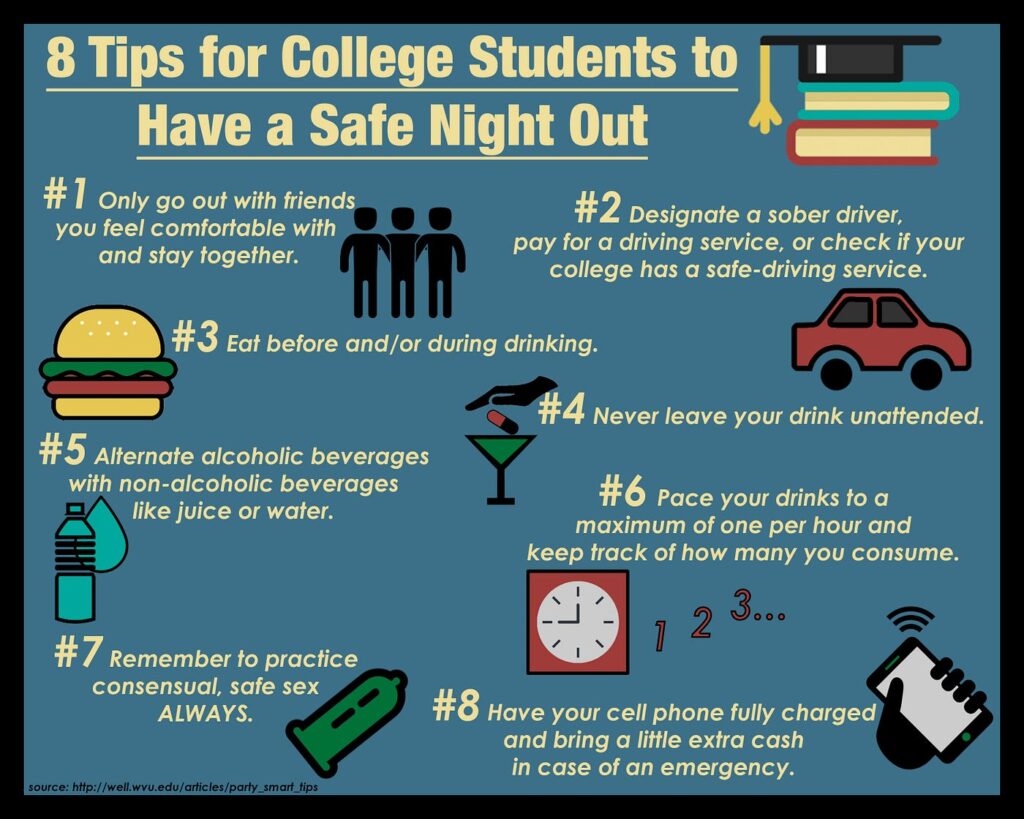College is a time of exploration, self-discovery, and new experiences. For many students, this includes navigating the complexities of romantic and sexual relationships. While some seek committed partnerships, others may engage in casual encounters, often referred to as “college one night stands.” These brief, unplanned sexual relationships can be exciting and liberating for some, but it’s crucial to remember that safety, consent, and responsible behavior should always be paramount. This guide aims to provide students with the information they need to make informed decisions and protect themselves during casual encounters.
This article will delve into the definition of college one night stands, emphasizing the importance of consent in these situations. We’ll explore essential safety precautions to take, discuss responsible communication strategies, and address the potential emotional impact of such encounters. By understanding these key aspects, students can navigate casual relationships safely and ethically.
College One Night Stands Defined
A college one night stand typically involves a brief, unplanned sexual encounter between two individuals who may or may not know each other well. These encounters often occur spontaneously at parties, social gatherings, or even in dorm rooms. While the definition is relatively straightforward, it’s important to recognize that the context and dynamics of these situations can vary greatly. Some college one night stands might involve mutual attraction and a desire for immediate physical intimacy, while others may stem from alcohol consumption or peer pressure.
Regardless of the circumstances, it’s crucial to remember that any sexual activity should be consensual and respectful. Both parties involved need to freely agree to engage in sexual acts without coercion, manipulation, or pressure. Defining boundaries and communicating openly are essential for ensuring a safe and positive experience for everyone involved.
Consent in Casual Encounters

Consent is the cornerstone of any healthy sexual relationship, including college one night stands. It means that both individuals willingly agree to participate in sexual activity without feeling pressured, coerced, or forced. Obtaining consent requires clear communication, active participation, and ongoing check-ins throughout the encounter.
Verbal consent is always the most reliable form of consent. This involves explicitly stating “yes” to each sexual act before engaging in it. Nonverbal cues can be helpful but should never be relied upon as sole indicators of consent. It’s important to remember that consent can be withdrawn at any time, even during an encounter. If someone changes their mind or feels uncomfortable, they have the right to stop and say “no.”
Safety Precautions for One Night Stands
While college one night stands can be enjoyable experiences, it’s essential to prioritize safety. Taking precautions can help minimize risks and protect your well-being.
Before the Encounter:
- Know Your Limits: Be honest with yourself about your comfort levels and boundaries. Don’t feel pressured to engage in activities you’re not comfortable with.
- Meet in Public: Choose a public location for the first encounter, especially if you don’t know the person well. Avoid going back to someone’s dorm room or apartment immediately.
During the Encounter:
- Communicate Openly: Check in regularly with your partner throughout the encounter to ensure both parties are comfortable and consenting.
- Use Protection: Always practice safe sex by using condoms to prevent sexually transmitted infections (STIs) and unplanned pregnancies.
- Stay Aware of Your Surroundings: Be mindful of your surroundings and trust your instincts. If something feels off, remove yourself from the situation.
After the Encounter:
- Get Tested: Consider getting tested for STIs after any casual encounter, even if you used protection.
- Check In with Yourself: Reflect on the experience and how you felt. It’s normal to have mixed emotions, but if you feel uncomfortable or violated, seek support from a trusted friend, family member, or counselor.
Responsible Behavior and Communication

Engaging in college one night stands responsibly involves clear communication, respect for boundaries, and consideration for the other person’s feelings.
- Be Honest About Intentions: Be upfront about your intentions and expectations. Don’t lead someone on if you’re only looking for a casual encounter.
- Respect Boundaries: Pay attention to verbal and nonverbal cues. If someone says “no” or seems hesitant, respect their decision and back off.
- Communicate Clearly: Express your desires and boundaries openly and honestly. Ask questions to ensure you understand the other person’s feelings and intentions.
Managing Expectations and Emotional Impact
College one night stands can have emotional consequences for both parties involved. It’s important to manage expectations and be prepared for a range of feelings.
- Don’t Expect More Than a One-Night Stand: Approach these encounters with the understanding that they are typically brief and not intended to lead to a lasting relationship.
- Be Mindful of Emotional Attachments: While casual encounters can be enjoyable, it’s possible to develop feelings for someone unexpectedly. Be aware of your own emotions and communicate openly if you start to feel more than just physical attraction.
- Seek Support If Needed: If you find yourself struggling with the emotional impact of a college one night stand, don’t hesitate to reach out to a trusted friend, family member, or counselor for support.
Conclusion
Navigating college one night stands requires careful consideration, open communication, and a commitment to safety and consent. By prioritizing these principles, students can engage in casual encounters responsibly and minimize potential risks. Remember that your well-being is paramount, and it’s always okay to say “no” or walk away from any situation that feels uncomfortable or unsafe.



